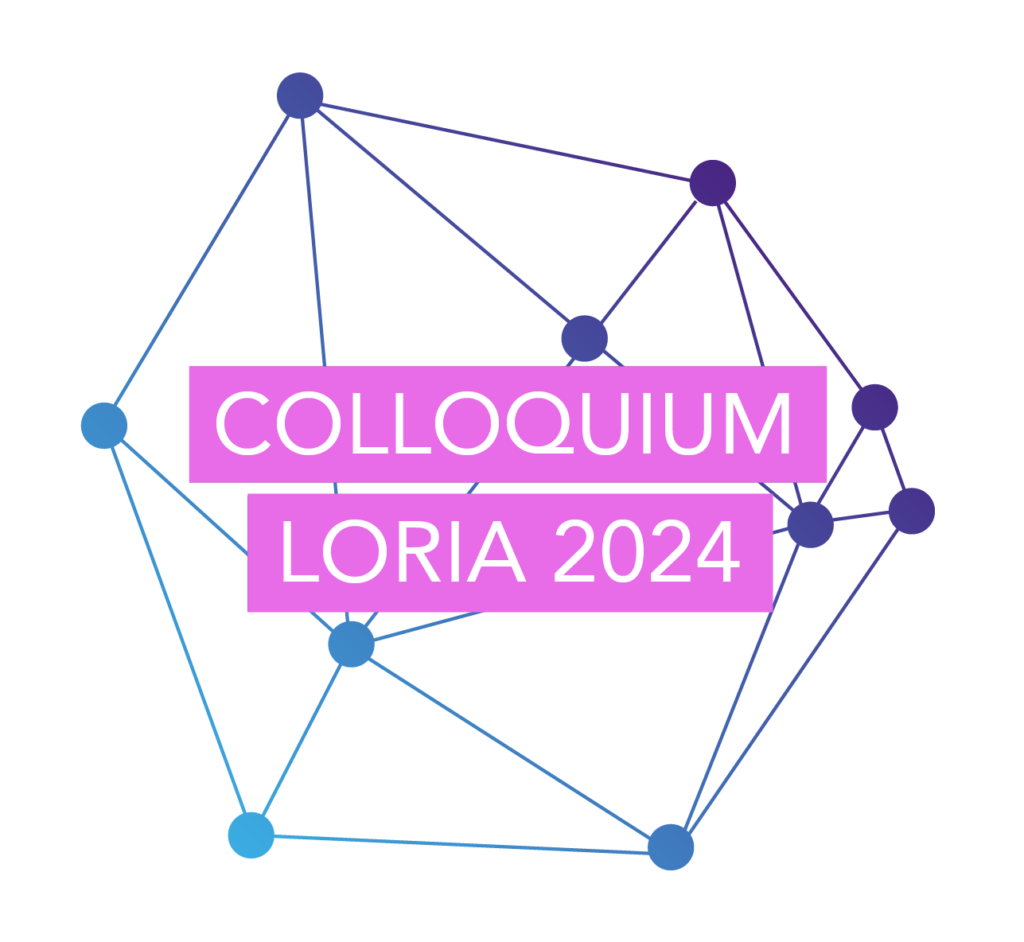The first Franco-Moroccan International Associated Laboratories (LIA) in the field of Big Data

20 November 2017
The convention for the creation of the first International Associated Laboratory (LIA[1]) in the field of big data was signed on November 2nd in Rabat under the presidency of the CNRS (French National Center for Scientific Research), the University of Lorraine (France) and the CNRST (Moroccan National Centre for Scientific and Technical Research). This LIA is called DATANET (“Big Data and Large Scale Networks“) and is an expression of the CNRS and CNRST’s joint desire to create a dynamic for scientific exchanges and cooperation.Thus, the LIA aims to enhance and facilitate the mobility of doctoral students and researchers and to create synergies between African and European companies and institutions.
A long-term Franco-Moroccan collaboration project
The signature of this convention officializes the important scientific cooperation between France and Morocco as demonstrated in the established long-standing collaboration between the two countries.
This LIA brings together the University of Lorraine, the CNRS, the Lorraine research laboratories the LORIA (Lorraine Research Laboratory in Computer Science and its Applications) and the CRAN (Research Center for Automatic Control of Nancy), the CNRST (Morocco), the International University of Rabat, Al Akhawayn University, Abdelmalek Essaâdi University in Tangiers, Mohammed V University and the Moroccan National Institute of Posts and Telecommunications (INPT).
It is the result of several workshops and of discussion between the partners involved coordinated in France by Kamel Smaïli, professor at the University of Lorraine and head of the Loria’s Smart team, and in Morocco by Mounir Ghogho, head of the ICT[2] Lab at the International University of Rabat.
Data mining and the decentralized management of large-scale networks
The two consortiums’ research activities are linked and also complement one another. Two main study areas are particularly apparent, namely mining massive and complex datasets in the framework of big data and large-scale networks with decentralized management systems. The project’s objective is therefore to develop algorithms to process complex data and improve the calculation of larges volumes of data on parallel and distributed architectures.
These research themes will lead on to a study of climate change and natural disasters in the framework of a Mediterranean observatory along with an analysis of social networks and the management of the recommendations made by such networks.
A LIA is defined as a “laboratory without walls” without a status as a legal entity which is driven by the CNRS with the objective of promoting international exchanges between different laboratories. The objective of this initiative is to share a common vision of the laboratory and to engender collaboration projects between researchers and students, thus creating a true synergy between the two countries.
[1] LIA = Laboratoire International Associé
[2] Information and Communication Technology


